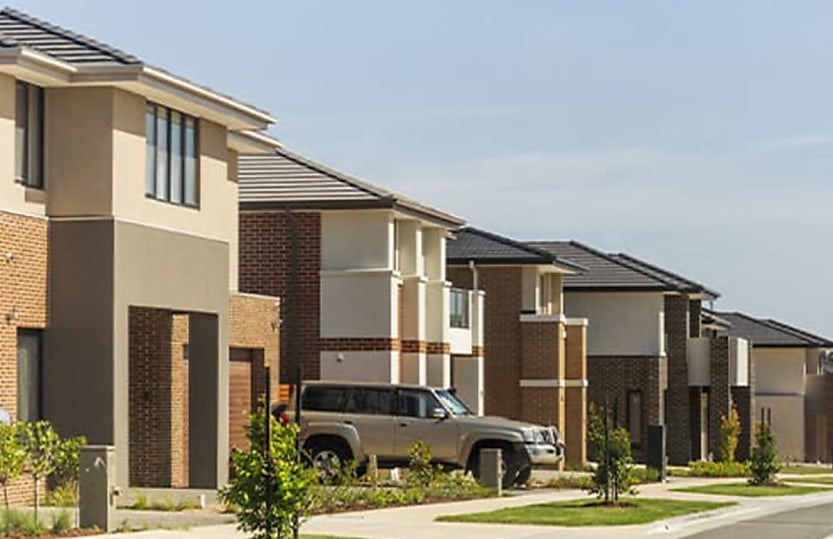CGT, negative gearing reform could save $60bn, analysis finds

Modelling for proposals to dial back property tax concessions finds billions could be freed up every year to address the housing crisis.
Reforms to CGT and negative gearing could unlock up to $60 billion in funds over the next decade to increase housing supply, fresh analysis from the Parliamentary Budget Office (PBO) shows.
The modelling, released on Tuesday, was commissioned by Senate crossbenchers David Pocock and Jacqui Lambie, piling more pressure on the government to curb concessions for property investors ahead of the federal budget.
Pocock said the billions in savings from the reforms could be used by the government to “increase housing supply and affordability”.
“The housing crisis is so widespread and so severe we need governments pulling every available lever,” he said.
“Tax reform on its own won’t solve the housing crisis but it can be a powerful tool to drive new supply and should be on the table for sensible debate.”
Lambie said: “I think most Australians would agree that we need to fix the housing crisis and negative gearing is part of the problem.”
“Senator Pocock and I have done the work and I hope the Treasurer and the prime minister will be brave and take this opportunity to consider these sensible reforms,” she said.
The PBO analysed five policy options, finding that even retaining a 25 per cent CGT discount for new homes and disallowing negative gearing for investment properties could save the government $670 million to 2026-27 and $15.7 billion in the decade to 2033-34.
“Grandfathering” the CGT discount and negative gearing – exempting existing property investors but ensuring they would no longer apply to purchases after 1 July 2024 – could save $27.7 billion over the decade.
Scrapping negative gearing altogether, grandfathering the 50 per cent CGT discount to properties bought before 1 July 2024 and limiting it to new properties built after that date, could save $9.9 billion over four years, and $60 billion in the decade to 2033-34.
The PBO said any of these options would result in an improvement in housing prices and supply.
“Immediately after the policy start date, investor housing demand would be likely to fall, reflecting that potential property investors would have brought forward their purchases or would otherwise switch their investment towards other assets,” the PBO said.
“Property prices would decline, while other asset prices, such as those of Australian shares, would increase. Over time, asset prices would be expected to return to their baseline growth levels, although there would likely be a permanent level shift in asset holding.”
The analysis from Pocock and Lambie comes after the Greens vowed to block Labor’s key housing bill until the government took action on “tax handouts” like negative gearing and the CGT discount.
“Pressure works,” Greens housing spokesperson Max Chandler-Mather said in a statement in February.
“Labor changed their position on stage 3 tax cuts and now they need to change their position on negative gearing and capital gains tax. If Labor ignores us they will lose at the ballot box.”
About the author

